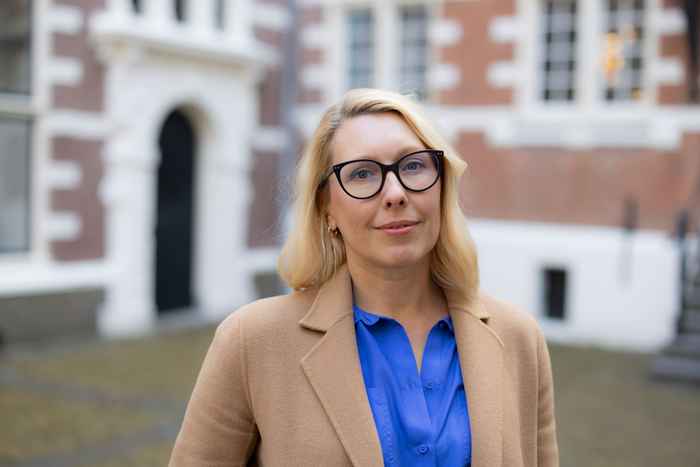Maria Weimer appointed professor of European Studies
4 June 2025

At the heart of Weimer’s scholarship lies a vital question: how can democratic governance be preserved and reimagined in a global risk society? She critically examines European law’s role in managing complex, transnational risks – from health and environment to sustainability – amidst rapid technological advances and shifting geopolitics.
Law, risk and technology
Her interdisciplinary work, which has helped establish EU risk regulation as a distinct field, delves into the fundamental legal, political, and cultural transformations driven by global challenges, including the EU’s evolving role in global green transition and the reliance on technical expertise within democratic governance.
In the coming years, Weimer plans to expand her research into digital risks, exploring the crucial role of imagination and future narratives about risk and technology in European risk governance. Her research will involve exploring European law as an integral part of Europe’s broader historical, political, and cultural experience – and in turn, how European law itself actively shapes these deep European currents.
Reflecting on history, culture, and politics
‘I am excited to lead an excellent group of European law scholars already undertaking important work at the intersection of Law and the Humanities’, says professor Weimer. ‘My vision is to empower each member's personal growth, strengthen the group's visibility and standing, and position them at the forefront of this crucial interdisciplinary conversation through impactful collaborations.’
At this pivotal moment for Europe, European law is central to society.
‘At this pivotal moment for Europe, European law is central to society’, she says. ‘For law to be a force for positive change and an instrument of peace and prosperity, it must reflect on its history, culture, and politics. This self-awareness, brought by humanities inquiry, is essential for law to self-correct and avoid past mistakes. Good law, indispensable for societal progress, thus fundamentally depends on the insights of the humanities.’